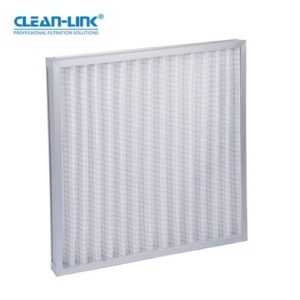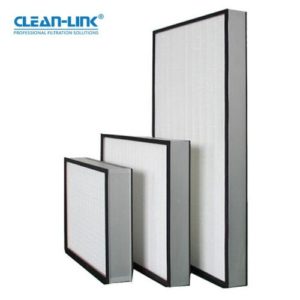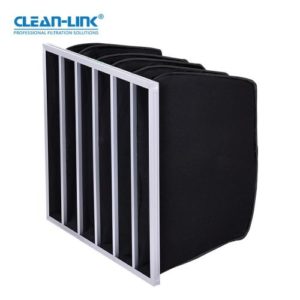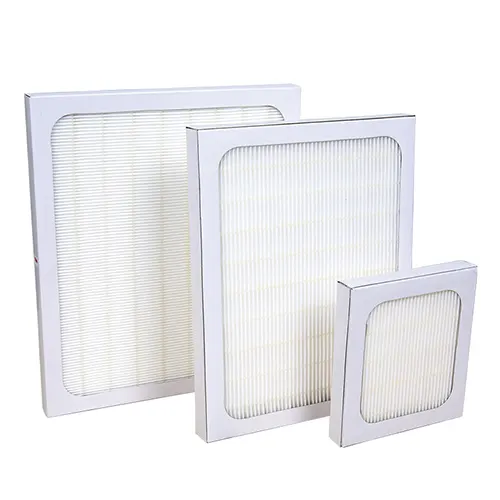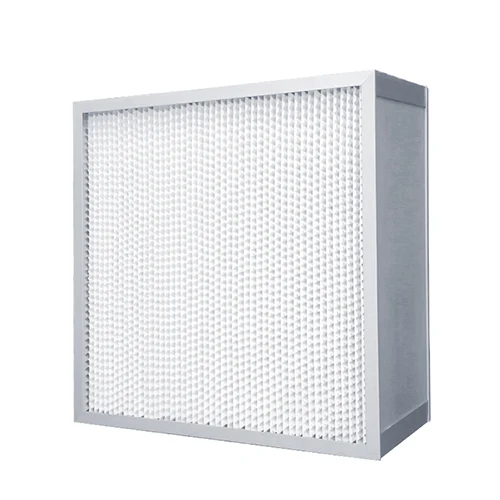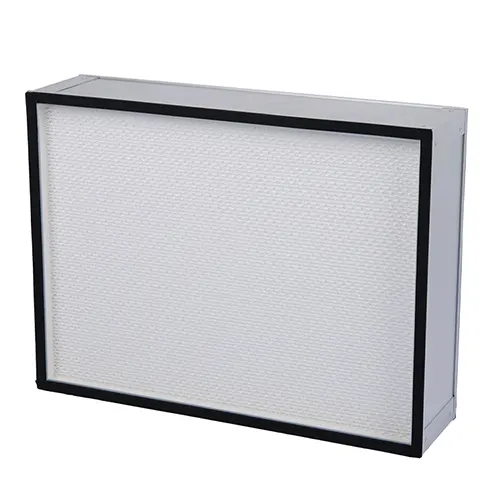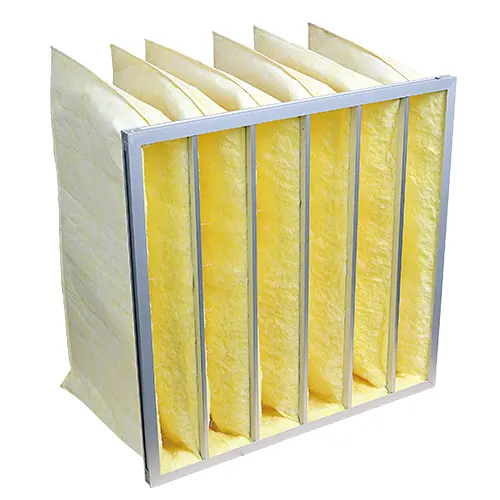Air Filtration in Data Centers: Protecting Equipment and Ensuring Efficient Cooling
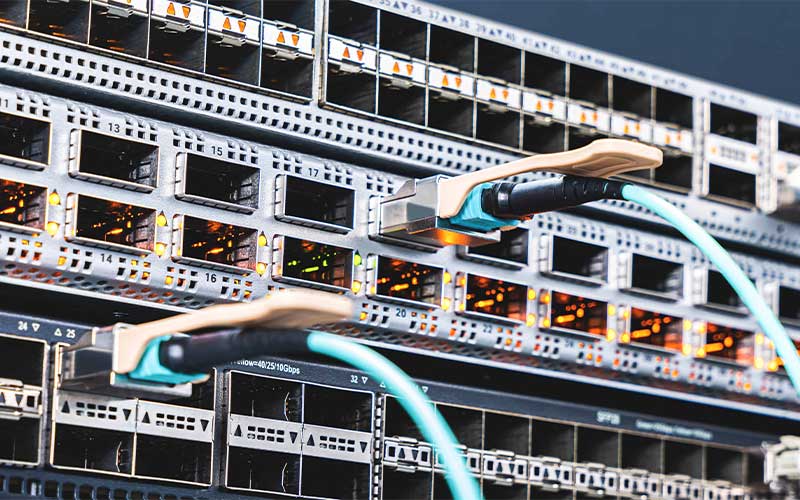 Photo by Naddod Networking
Photo by Naddod Networking
Data centers are the backbone of modern businesses and digital life, serving as the hub for storing, processing, and managing vast amounts of digital information. These facilities house sensitive equipment, including servers, routers, switches, and storage devices, which are essential for the smooth functioning of various operations.
To ensure the optimal performance and longevity of such equipment, maintaining a clean and cool environment within data centers is of paramount importance.
This is where air filters come in. Air filters play a crucial role in creating and maintaining the ideal operating conditions in data centers.
Air filtration systems defense data center against airborne contaminants that can infiltrate the facility and negatively impact the sensitive equipment. By effectively capturing and removing dust, particulate matter, pollen, and other airborne pollutants, air filters in air filtration systems help prevent equipment malfunctions, data loss, and downtime.
Why Do You Need Air Filters In Data Centers?
The presence of dust and contaminants in a data center can pose significant risks and consequences for the sensitive equipment housed within. The proper and adequate airflow that helps to evenly distribute cool air evenly should be taken into account as well.
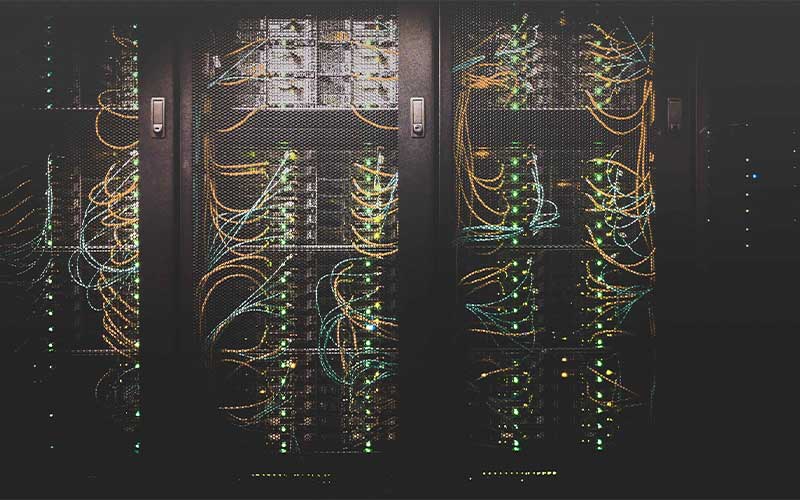 Photo by Taylor Vick
Photo by Taylor Vick
1. Dust and dirt can cause overheating in data centers
The equipment in data centers can generate a lot of heat. If the air is not properly filtered, dust and dirt can build up and block the airflow within the equipment. Dust, in particular, can settle on critical components, such as circuit boards, fans, and heat sinks, impeding proper heat dissipation and leading to overheating. This can result in system failures, reduced equipment lifespan, and costly downtime.
Air filters act as the first line of defense, capturing and trapping airborne particles, such as dust, pollen, and microorganisms before they can infiltrate the equipment.
2. Air filters help to improve cooling efficiency in data centers
Data centers use precision cooling systems, such as air conditioners or computer room air handlers (CRAHs), to regulate the temperature. These systems circulate chilled air throughout the facility.
Inadequate airflow can hinder the removal of heat generated by the IT equipment. When hot air is not effectively exhausted from the data center, it can increase temperatures, causing equipment to operate under stressful conditions and potentially leading to overheating.
Data centers house a wide array of sensitive equipment, including servers, switches, and storage systems, which are highly susceptible to damage from dust and other contaminants.
By effectively removing these contaminants, air filters help create a clean and controlled environment within the data center. This is crucial because even tiny particles can accumulate on sensitive components, obstruct airflow, and impair the overall performance and reliability of the equipment. Additionally, a clean environment helps minimize the risk of electrical shorts, equipment malfunction, and data corruption.
Air filters play a vital role in maintaining a clean and dust-free environment. They capture airborne particles, preventing them from accumulating on cooling components and obstructing airflow. This ensures efficient heat dissipation and improves cooling performance.
Types of Air Filters Used in Data Centers
HEPA Filters (High-Efficiency Particulate Air filters)
They are highly efficient filters capable of capturing microscopic particles as small as 0.3 microns with a high level of efficiency. They are ideal for removing fine dust, pollen, mold spores, and other airborne particles that can pose a risk to sensitive equipment.
HEPA Filters are known for their superior filtration performance and are often used in critical areas of data centers where stringent air quality standards are required.
MERV Filters
Minimum Efficiency Reporting Value filters are another commonly used type of air filter in data centers. They are rated on a level of 1 to 20, indicating their ability to trap airborne particles of varying sizes.
MERV filters offer a range of filtration efficiencies and are effective in capturing larger particles such as dust, pollen, and lint. They provide reliable protection for data center equipment while balancing the need for airflow and energy efficiency.
Activated Carbon Filters
Activated Carbon Filters are designed to remove odors, volatile organic compounds (VOCs), and other gaseous contaminants from the air.
They contain a porous carbon material that chemically adsorbs and neutralizes these substances, improving the overall air quality within the data center. Activated carbon filters are often used in conjunction with HEPA or MERV filters to provide comprehensive filtration for both particles and gases.
What to Consider Choosing The Right Air Filter
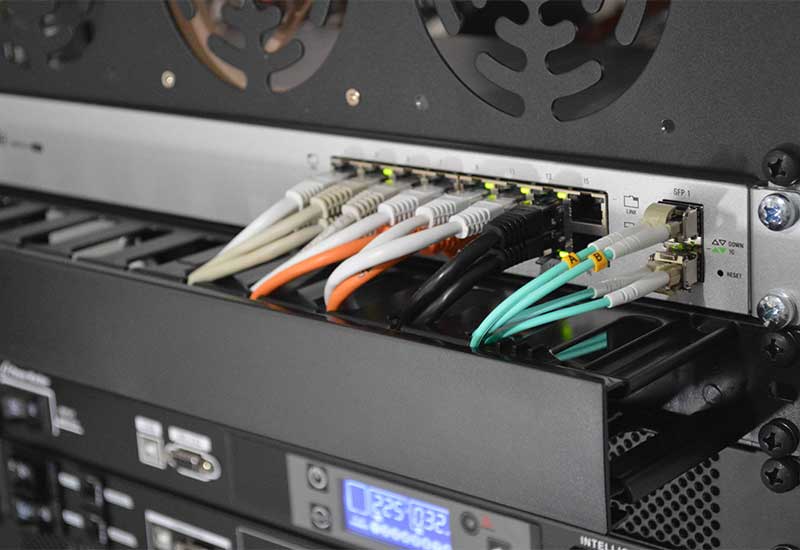 Photo by Thomas Jensen
Photo by Thomas Jensen
1. Size of your data center
The size of your data center will determine the size of the air filter you need. If you have a small data center, you may be able to get away with using a smaller filter.
However, large data centers will need air filters that allow proper airflow and less air pressure drop to ensure adequate air circulation in the data center. Consult an expert to figure out what air filter size you should use.
2. Type of equipment that is housed there
The type of equipment that is housed in your data center will determine the type of air filter you need. If you have a lot of sensitive equipment, you will need to use a higher-quality air filter, to maintain a safe environment.
3. Level of air quality that is required
The level of air quality that is required in your data center will determine the type of air filter you need. If you have a high-security data center, you will need to use a filter that can remove even the smallest particles.
4. Your Budget
The available budget will determine the type of air filter you can afford. There are a variety of air filters available at different price points. Talk to one of our experts to customize your air filters at factory prices!
Conclusion
Air filters are an essential part of any data center. They help to protect equipment, improve cooling efficiency, and save energy. By choosing the right air filter for your data center and properly maintaining it, you can help to ensure the long-term health and performance of your critical infrastructure.
It is crucial for data center operators to prioritize the use of high-quality air filters and stay updated with advancements in air filtration technology.
Choosing filters with appropriate filtration capabilities and efficiency ratings is essential for effective contaminant removal and equipment protection. Regular maintenance practices such as cleaning, inspection, and timely filter replacement are vital to maintaining optimal performance.
